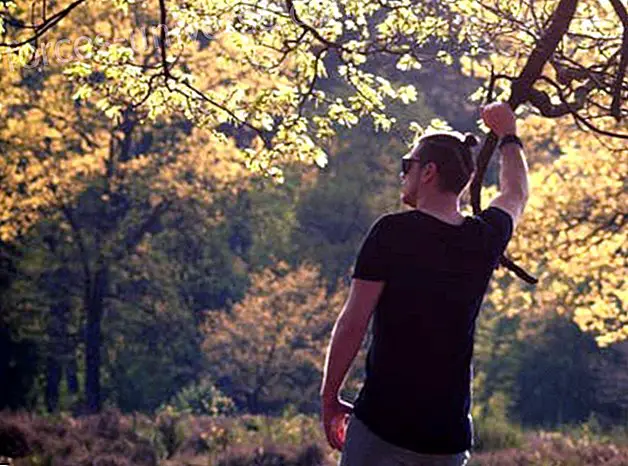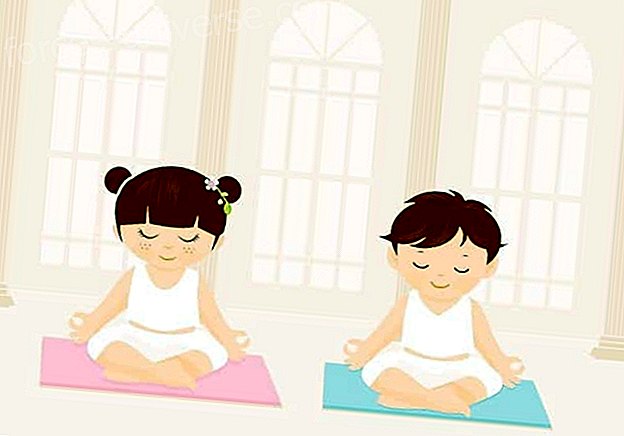
When we think of an orphan child immediately we have the image of a child on the street without parents, without food, without a roof, or maybe we think of an orphanage with children abandoned by their parents, or children who in In the middle of a tragedy they lost their parents and were left homeless, but we rarely have the image of ourselves. However, there are situations that, when we are little, make us feel like orphans, and that sensation that occurred when we were children continues to accompany us as adults. unconscious until we can heal.
Unlike animals, the human being requires care for several years after birth that allows him to survive, this represents in certain circumstances greater vulnerability but at the same time presents us with the possibility of generating a greater bond n with our parents or caregivers. We see for example that the fish simply lay eggs and abandon their young, when they are born they survive without any problem, in the case of other species such as ants, the egg is produced which later becomes a larva, then pupa and finally an ant, worker ants help during this time by providing food and an adequate temperature for metamorphosis to occur and the ant is born, at birth they only require a couple of hours to develop a strong exoskeleton and live in the colony . As we see in these two examples, the protection of parents or adults is not required for a long time, so the survival of these species is not affected by the abandonment or neglect of their parents. On the contrary, human beings require years of care to fully develop and survive without the help of our parents or another adult, this means that during this period of growth we run the risk of not surviving or situations occur that affect us in our proper development.
In those early ages when we experience some type of abandonment such as being lost for a few moments in the middle of a street or shopping center, going to school without having been explained to us where they will leave us, having the absence of a father due to overwork, being attacked by someone and that there is no one to help us, etc., this sense of orphanhood can develop in us, since we do not have a formal thought that gives us the possibility to understand them in a proper and calm way. This sensation of orphanhood is called in the archetypal psychology of La Ca da, as is the Fall of Ad n and Eva. This experience of abandonment can lead us to see life as I must strive to be worthy of love or on the other hand confirm that I am alone . The feeling of orphanhood may be given by the lack of protection and care, by the lack of love, by the absence of someone who takes care of us, by negligence or abuse of responsible adults, the injustices committed against us, the betrayal of our friends; which leads to a feeling of physical and emotional insecurity .
A child lives inside the adult

That abused and abandoned child continues in us even in adulthood, acquiring certain behaviors that can take us from victimization to cynicism. The orphan child continues to live in us despite the many years. He experiences these same emotions again when he sees his friends betray him, his boss abuses power, when his partner is unfaithful or abandons him, when he sees dishonest politicians, when he sees that some can skip the laws.
Not recognizing the orphan who lives in us, that child also feels abandoned by us. Being trapped in orphanhood takes away our vitality and joy. But it is difficult to recognize when our society gives us little time for self-discovery, when we are not allowed to feel abandoned or vulnerable. They show us vulnerability as a bad thing: "You have to be strong", "don't show that you are sad because they are going to take advantage of you", men are often told "men don't cry", "you look like a crying girl ", etc. All these phrases create a double problem in us, first we avoid looking at that abandoned, orphaned child and second we are filled with fear at the possibility of expressing our emotions because they imply vulnerability.
Healing the abandonment

Orphanhood is actually an invitation to contact our feelings. As long as we don't recognize them, we won't be able to control them, they will appear in unexpected moments with all the cargo that has been saved for many years. So if you want to start healing that orphan that is inside you, you can start with some of these exercises:
- Recognize our feelings and emotions ; It is not an easy task, since many times we can feel shame for harboring these kinds of emotions or feelings within us. They have made us see certain feelings so bad that we refuse to observe them, but as long as we keep hiding them, they will continue to emerge. What we avoid most is what persists the most. So you better take some time to look at what you have inside.
- Look at the thoughts associated with that feeling and emotion. You will realize that within you you keep beliefs of the people and influential situations in your life that led you to feel or hide these emotions. Emotions are the result of what we think and when we harbor them for a long time without reviewing them they control our lives and can even lead us to get sick if we fail to channel them properly.
- Write everything you think, it's a good way to let off steam without hurting anyone. But it is also a way of observing what we actually carry inside.
- Connect with that emotion and feel it, do not avoid it, look for the place of your body where it is housed, feel its weight, observe its color, its shape, follow it to all the places of your body where it goes. That emotion has remained for so long without being observed that you will surely last a good time doing this exercise.
- Close the cycle Forgive yourself and do not feel guilty for feeling these emotions. Look at them as part of your learning.
When you decide to observe what you have been hiding inside of yourself for so long, you are bringing light to that corner of darkness. That which seemed so bad becomes a powerful tool to face life as a renewed being.
Author: JP Ben-Avid
Editor hermandadblanca.org
REFERENCES
Aldana, Graciela. (2003). Of archetypes, stories and paths. Creativity and Innovation Editions.
Pearson, Carol (2006). Waking up the inner heroes. Mirach Editorial.






